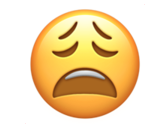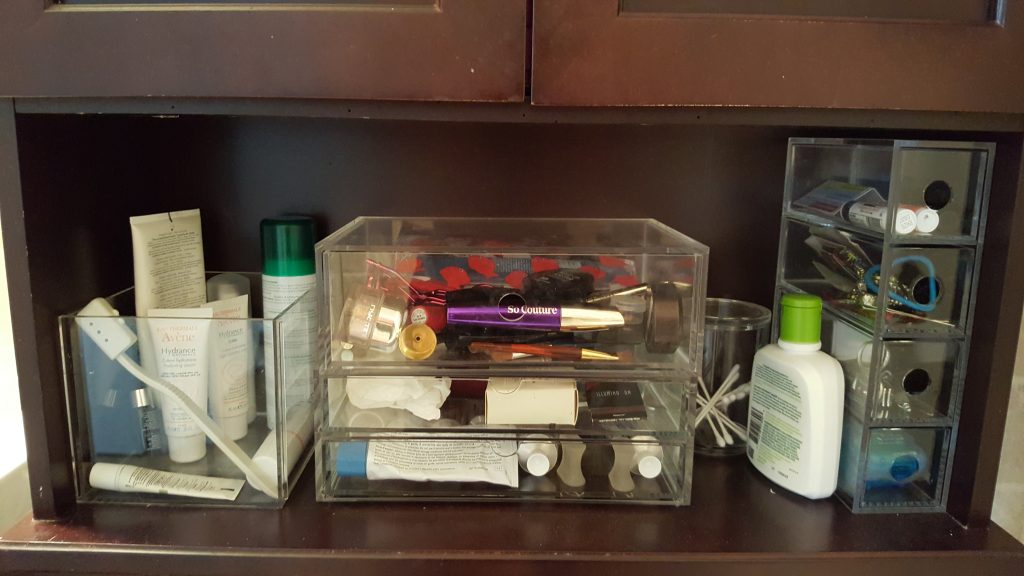As a small child I always dreamed of one day having “hawk” vision, razor sharp up close and able to see details from a far distance. From a young age I had “coke” bottle lenses, the kind that were so thick they slightly distorted the shape of my head around my eyes. I switched to contact lenses and wore them for the next 25+ years, continually amazed at how one tiny disc of plastic instantly granted me clear, crisp vision.
After years of thinking about LASIK, I finally worked up the nerve to get an assessment. As soon as I found out I was eligible, I booked my appointment. I had grown accustomed to living with corrected vision, where I could maintain a choice about how I wanted to see the world. Sharp, clear, and in focus. Or remove my contacts and reduce my world into something soft and hazy with familiar shapes.
Throughout the whole process I remained committed to my decision to have the surgery done coupled with a heavy amount of faith in the process, the technology, the equipment, the doctor and his staff, and most of all, in my decision. Were the lasers really sophisticated enough to recalibrate for any micro-head movements I might make? Were the pre-surgery measurements really accurate enough to correct my vision?
I think about the enormous amount of faith I put in myself. Was this a good idea when my vision could be corrected so well with glasses and/or contact lenses? I pushed the thought out of my head as the procedure started. My eyeballs were anesthetized, one open and one closed. I followed the nurse’s instructions to stare at the red light. Something was placed over my eye and my vision went dark for a few moments, just like the nurse said. Then it came back, just like she said. What if… what if… what if…
I again pushed the thoughts out as I moved to the next room for the vision correcting lasers. Fortunately, my biggest fear of being blinded was relieved within minutes of finishing. The results are somewhat instantaneous. I almost started crying when I sat up from the operating table and could see the room. I was instructed to keep my eyes closed but I periodically cracked open my eyelids just enough to confirm I wasn’t blind before shutting them again.
Pretty incredible.





